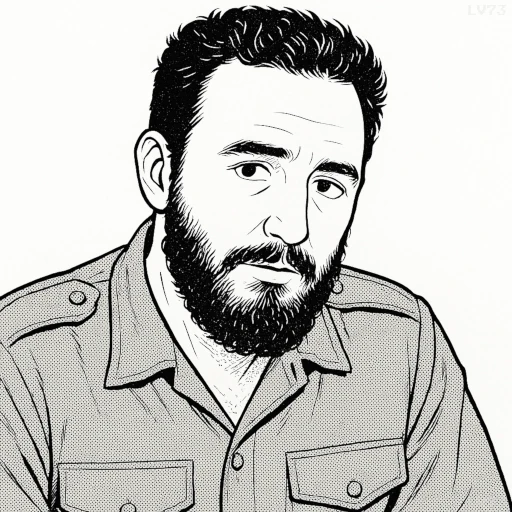“Condemn me. It does not matter. History will absolve me.”

- August 13, 1926 – November 25, 2016
- Cuban
- Revolutionary, Prime Minister and President of Cuba, Communist Leader
table of contents
Quote
“Condemn me. It does not matter. History will absolve me.”
Explanation
This quote is one of Fidel Castro’s most famous declarations, delivered during his self-defense speech at the trial following the failed Moncada Barracks attack on July 26, 1953. In saying, “Condemn me. It does not matter,” Castro asserts that the verdict of a court is insignificant compared to the judgment of history. His final words, “History will absolve me,” express a profound faith in the righteousness of his cause, suggesting that his actions, though criminal in the eyes of the regime, would be vindicated by future generations.
The historical context is pivotal. Castro was on trial for leading an armed uprising against the dictatorship of Fulgencio Batista, and he used his defense not to plead for mercy, but to outline his revolutionary vision, denouncing the corruption and inequality of Batista’s Cuba. The phrase became a rallying cry for the Cuban Revolution and was later the title of his published speech, which laid out the ideological foundation for his future governance.
In modern terms, the quote resonates as a powerful statement of moral conviction in the face of political persecution. It symbolizes the belief that justice transcends immediate power structures, and that acts of rebellion, often criminalized in their time, may later be seen as heroic or visionary. Castro’s words continue to inspire those who challenge unjust systems, asserting that true accountability lies not in temporary punishment, but in the enduring judgment of history.
Would you like to share your impressions or related stories about this quote in the comments section?

